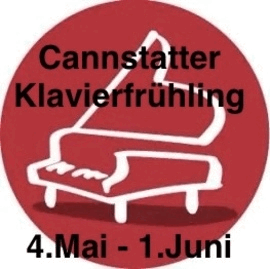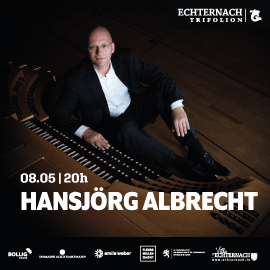On 12 October in Brussels, Le Dimore del Quartetto (a creative cultural enterprise that supports young string quartets and chamber music ensembles) is scheduled to celebrate the achievements of the MUSA project (European young MUsicians soft Skills Alliance). “Musa is the concrete realization of a key career tool for this new generation of musicians taking the first steps of their careers in a transformed landscape that demands new skills” says Francesca Moncada, founder and president of Le Dimore del Quartetto. This new learning tool was developed by the ASK Research Center of the Milan based Università Bocconi and will be freely available to musicians, professionals, academies, and conservatories, to strengthen the entrepreneurial skills of those who want to pursue an artistic career in music in our century. It presents in fact a Handbook for higher education programs in cultural entrepreneurship for young musicians, entitled ‘The Entrepreneurial String Quartet: Key Learnings from the MUSA Project’, and a Research – Case study on Le Dimore del Quartetto. The handbook and research are the result of work done during MUSA’s 25 months of activities in the three partner countries: Italy, Portugal and France.
MUSA is a European vocational training project dedicated to young string quartets aged 20 to 35 and aimed at developing knowledge, skills and entrepreneurial competencies that are crucial for their careers but almost completely absent in their general curriculum. Management, communication, knowledge of the potential of crossing different artistic disciplines, production, distribution, physical and mental training are essential skills for turning passion into a profession.
The MUSA programme, which run between October 2020 and October 2022, involved nine string quartets from France, Germany, Poland, Romania, Spain and The Netherlands and developed in three main phases: the first dealt with communication and image strategy; the second focused on contamination between different arts; and finally, the third addressed issues related to copyright, recording and distribution, and physical and mental preparation.
The project will end in October 2022 in Brussels, where a final evaluation of the experimentation will be implemented, by the ASK Research Center of Bocconi University, through a the already mentioned Handbook for Higher Education Programs in Cultural Entrepreneurship for Young Musicians
MUSA’s ultimate goal is to improve the professional prospects of young European string quartets, provide organizations engaged in this field with a new training proposal, and strengthen the relationship between music, other artistic disciplines and cultural heritage in pursuit of real employment, economic and social development.
To know more about MUSA, please visit the website www.ledimoredelquartetto.eu/musa-2





















